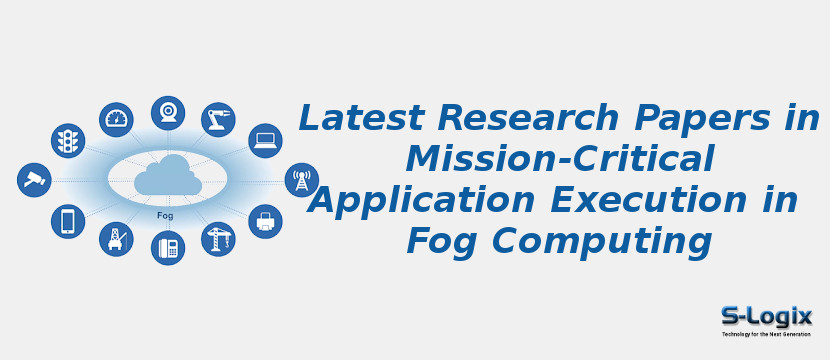Mission-critical application execution in fog computing is a crucial research domain that addresses the need for reliable, low-latency, and highly available computing support for applications where failures or delays can have severe consequences. Research papers in this area focus on frameworks, algorithms, and architectures that ensure fault tolerance, real-time responsiveness, and resiliency when executing safety- and time-sensitive workloads in fog environments. Studies explore reliability-aware task scheduling, redundant service placement, and failover mechanisms to guarantee uninterrupted execution of mission-critical applications despite device failures, mobility, or network disruptions. Recent works also highlight the role of Quality of Service (QoS) and Quality of Experience (QoE) guarantees, coupled with energy-efficient and security-aware designs, to balance performance with sustainability and trustworthiness. Machine learning and predictive analytics are increasingly applied for proactive failure detection, dynamic resource allocation, and adaptive load balancing in mission-critical contexts. Applications include smart healthcare (e.g., remote surgery, patient monitoring), autonomous vehicles, industrial IoT, smart grids, and defense systems, where ultra-reliable and low-latency fog computing execution is indispensable. Overall, research in mission-critical application execution in fog computing provides robust and adaptive strategies to support next-generation systems where reliability, timeliness, and resilience are paramount.
